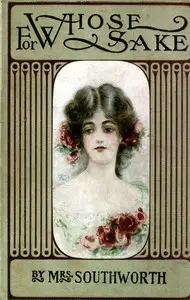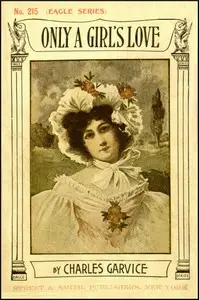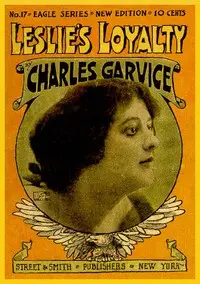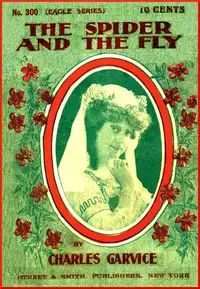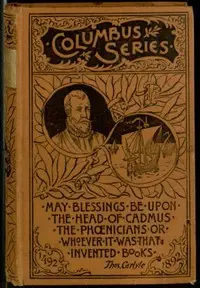"Olivia: or, It was for her sake" by Charles Garvice is a captivating romance novel set in a quaint Devonshire village, that introduces young Olivia Vanley, a lovely woman facing societal expectations and personal secrets, whose life takes an intriguing turn with the arrival of the mysterious Mr. Faradeane, a reclusive new neighbor who stirs local gossip by purchasing a cottage under strange conditions. Amidst tea gatherings and speculations about Faradeane’s secretive life, Olivia finds herself drawn to both the enigma surrounding him and her growing feelings for Lord Granville, setting the scene for a drama filled with romantic tension and puzzling circumstances. She must decide on future involving love, intrigue, and perhaps a deeper connection with the mysterious man who everyone is curious about.
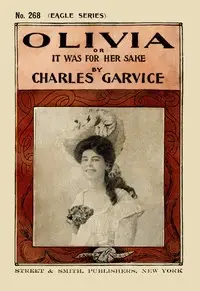
Olivia : $b or, It was for her sake
By Charles Garvice
In a tranquil village, a young woman is caught between a captivating lord and a reclusive, mysterious neighbor, sparking rumors and romance.
Summary
About the AuthorCharles Garvice was a prolific British writer of over 150 romance novels, who also used the female pseudonym Caroline Hart. He was a popular author in the UK, the United States and translated around the world. He was ‘the most successful novelist in England’, according to Arnold Bennett in 1910. He published novels selling over seven million copies worldwide by 1914, and since 1913 he was selling 1.75 million books annually, a pace which he maintained at least until his death. Despite his enormous success, he was poorly received by literary critics, and is almost forgotten today.
Charles Garvice was a prolific British writer of over 150 romance novels, who also used the female pseudonym Caroline Hart. He was a popular author in the UK, the United States and translated around the world. He was ‘the most successful novelist in England’, according to Arnold Bennett in 1910. He published novels selling over seven million copies worldwide by 1914, and since 1913 he was selling 1.75 million books annually, a pace which he maintained at least until his death. Despite his enormous success, he was poorly received by literary critics, and is almost forgotten today.


